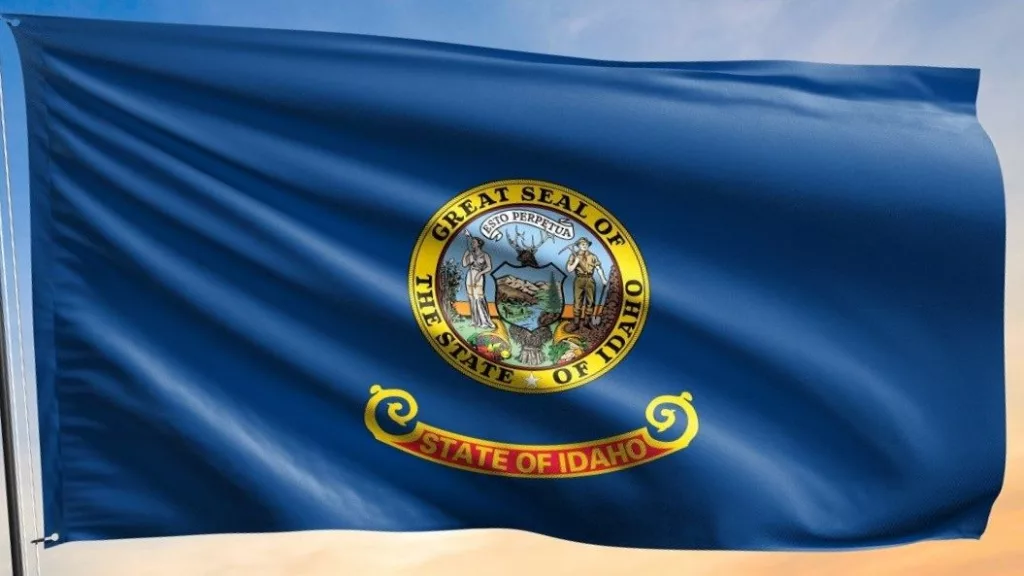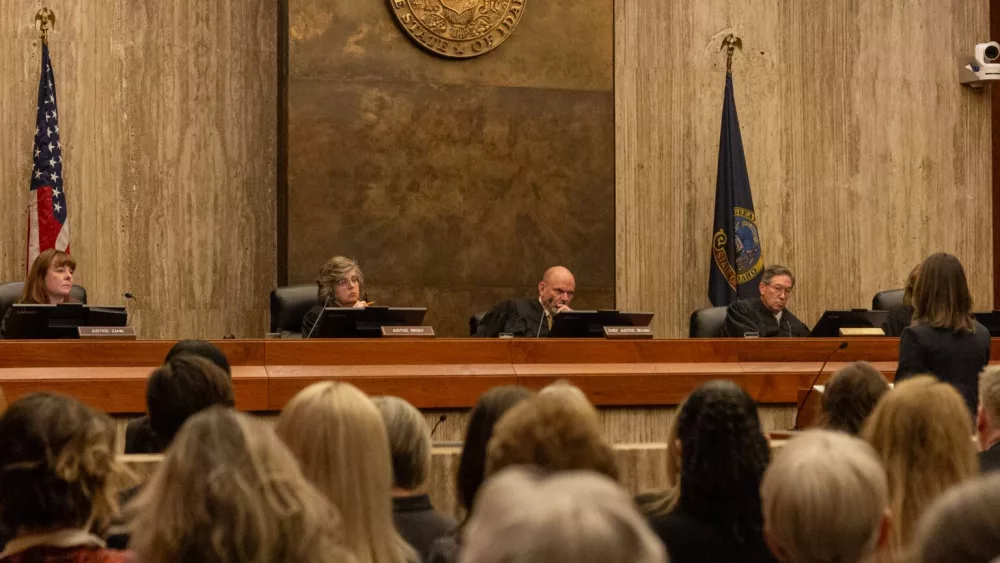BOISE, ID – A program that lets Idaho parents and spouses serve as paid caregivers will remain, at least until federal regulators potentially approve Idaho’s request to end the program.
An Idaho health official announced the extension of the Family and Personal Care Services program at a Wednesday meeting of the Medicaid Advisory Committee.
Federally approved during the pandemic as a way to reduce COVID’s spread and address a shortage in the typical disability caregiver workforce, Idaho’s federal waiver that allowed the program was set to expire in March.
In November, the Idaho Department of Health and Welfare announced it would attempt to end the program earlier, saying fraud and abuse contributed to higher program costs and enrollment levels, the Idaho Capital Sun previously reported.
The Idaho health agency is still seeking to end the program.
But the federal agency that regulates Medicaid, the Centers for Medicare and Medicaid Services, or CMS, recently extended the program, Idaho Medicaid Deputy Director Juliet Charron said at Wednesday’s meeting. Charron said Idaho’s request to end the program is awaiting CMS action as part of a broader package.
CMS extended Idaho’s broader Medicaid waiver that allowed for the program while the agency evaluates the Idaho Department of Health and Welfare’s request to renew the waiver for five more years, state health agency spokesperson AJ McWhorter told the Sun in an email. Idaho’s waiver extension request includes an amendment to end the family paid caregiver program, he said.
Disability advocates, families worry kids needs won’t be met without program
Disability advocates and families who participate in the family caregiver program worry kids with disabilities couldn’t get the care services they need without the program, the Sun previously reported. Idaho has a shortage of direct care workers, the typical caregivers that work in relatively low-paid, demanding jobs, according to a watchdog report by the Idaho Office of Performance Evaluations.
Nathan Hill, an Idaho disability advocate and paid caregiver for his son who has disabilities, told the Sun the program’s early termination would affect children and adults with disabilities who need help with day-to-day activities.
“With the years-long caregiver shortage, and Idaho having the worst caregiver shortage in the nation, it was intended for this program to be permanent,” Hill told the Sun in a text message. “Terminating the program puts Idaho in violation of the (federal Americans with Disabilities Act) by making care inaccessible to those who really need it.”
He also said CMS can’t issue decisions due to the Trump administration’s freeze on federal health communications.
When Health and Welfare told reporters about the concerns, state health officials couldn’t immediately share estimates for how much fraud was confirmed or suspected. But an agency spokesperson has told the Sun fraud and abuse of the benefit has been confirmed.
McWhorter said state health officials are still concerned about the program. He said more oversight is needed, which would require additional funding appropriations by the Idaho Legislature.
The Idaho Legislature could have acted to extend the program in the 2025 legislative session, which ended in April.
Early on in this year’s legislative session, Idaho Senate Health and Welfare Committee Chairwoman Juile VanOrden, R-Pingree, told the Sun that legislative moves to reinstate the program aren’t expected until 2026 as officials work on safeguards.
This story first appeared on Idaho Capital Sun.





